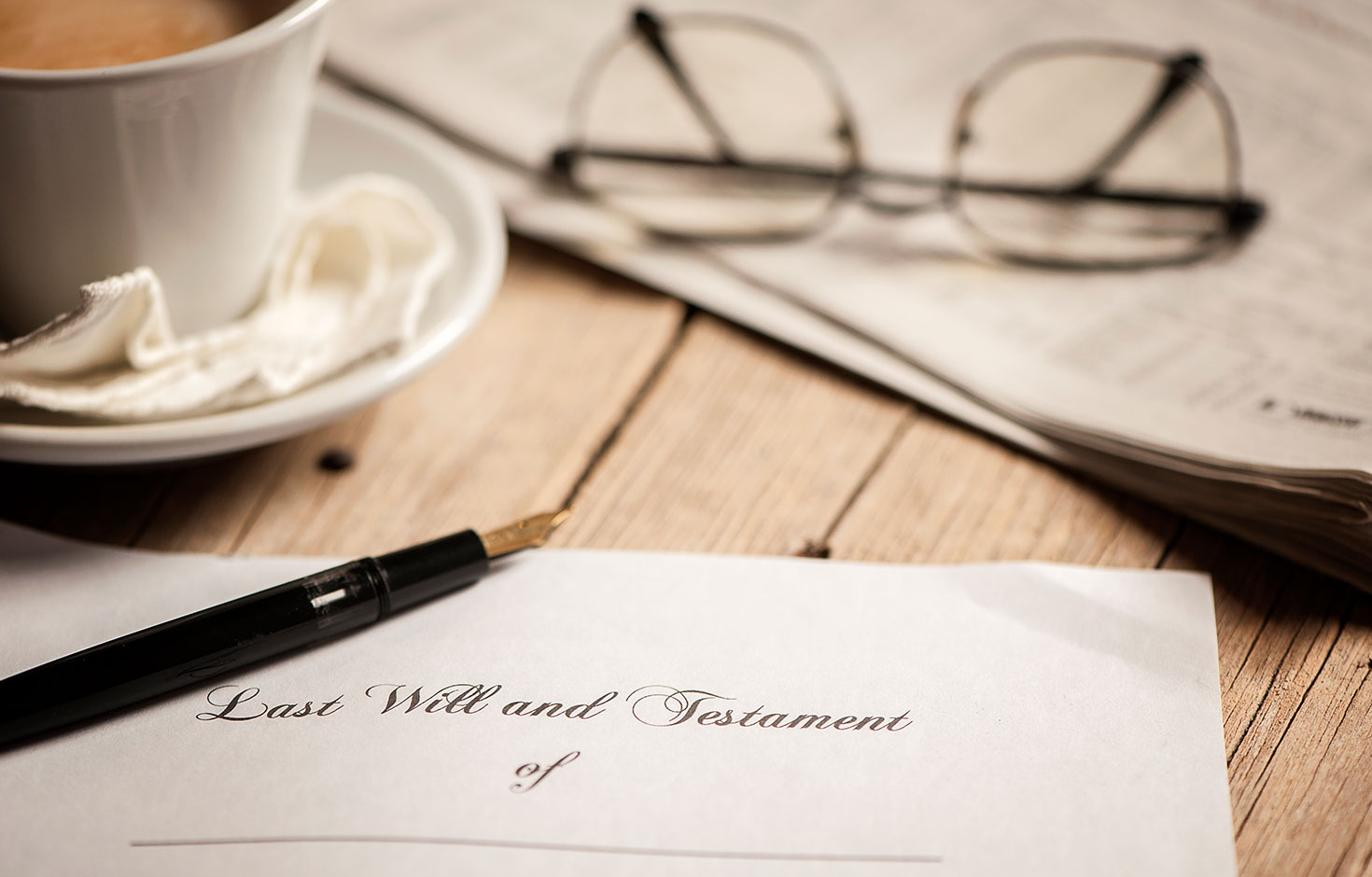Whether you have been left out of a Will and believe you are entitled to provision, or are an Executor or beneficiary of a Will that is being challenged, our experienced Estate Litigation team at marshalls+dent+wilmoth can assist you. Most importantly if you are successful in your claim, your costs are paid from the Estate.
Services
Our team of lawyers have many years of experience in Estate Litigation and Wills and Estates law. We are well equipped to handle a wide range of disputes and other estate related matters. We also practise Estate Litigation in all States including Victoria, Queensland, South Australia, Western Australia, New South Wales and Tasmania.
Our comprehensive services include but are not limited to:
- Disputing a Will (Testator’s Family Maintenance Claims)
- Challenging the validity of a Will
- Probate and Administration
- Superannuation Disputes
- Intestacy Law
- Acting for Executors to defend a Will Dispute
Learn more about our will dispute legal services in Australia.
Will Disputes FAQs
Under Section 90 of the Administration and Probate Act 1958, the following are classified as eligible persons for a family provision claim:
- spouse;
- domestic partner;
- former spouse;
- former domestic partner;
- child;
- stepchild;
- assumed child;
- grandchild;
- spouse of domestic partner of a child of the deceased who died within a year of the deceased’s death;
- registered caring partner; and
- member of the household
There may be some dependency requirements which need to be established for certain classes of eligible persons. Contact our team today to discuss whether you are considered an eligible person to contest a Will.
An eligible applicant must make a claim within 6 months from the date of the grant of Probate or Letters of Administration.
Under Section 50 of the Wills Act 1997, the following people are entitled to a copy of the deceased’s Will:
- any person referred to in the Will;
- any person named or referred to in an earlier Will as a beneficiary;
- spouse of the deceased;
- domestic partner of the deceased;
- parent, guardian or child of the deceased;
- any person who would be entitled to a share if the deceased died intestate;
- any parent of a minor referred to in a Will or who would be entitled to a share if the deceased died intestate; or
- any creditor or person who has a claim against the estate and can produce evidence of such a claim.
If you fall within any of the above categories, you can write to the Executor or Administrator of the Estate and request a copy the deceased’s Will.
If the Executor/Administrator refuses to provide you with a copy of the Will, and a grant of Probate or Letters of Administration has been obtained, you can apply for a copy of the file from the Supreme Court of Victoria (Probate Registry) for a fee. The file will usually include the deceased’s Will, Death Certificate, Inventory of Assets and Liabilities and other pertinent documents.
The procedure of contesting a Will depends largely on the strategy we employ in running your case. Every case is different, it all depends on the attitude of the opposing party. If the opposing party is willing to enter into settlement negotiations prior to the commencement of proceedings, then the issue of an early resolution of the matter can be explored. If the opposing party refuses to enter into negotiations prior to the commencement of proceedings, we will commence litigation on your behalf.
Below is a rough guide of how most will dispute cases will proceed:
Step 1: Investigate the nature of the estate and collate relevant information in support of your case.
Step 2: Notify the personal representative of the Estate or their solicitor of your intention to commence a family provision claim.
Step 3: Prepare your evidence in support of your case.
Step 4: Issue proceedings for your matter to be referred to a compulsory Mediation.
Step 5: Exchange evidence with the opposition.
Step 6: Attend the Mediation to negotiate a settlement with the opposition. Approximately 98% of cases settle at Mediation and a Court trial is therefore not required. In the event the matter does not settle, negotiations can still take after the Mediation.
Step 7: Prepare your case for a Court trial.
Once you have made the decision to contest a Will, you should obtain legal advice as soon as possible to discuss your prospects of success along with any other enquiry you may have. Any one of our will dispute experts is available to assist you with your enquiries. For your no obligation assessment, simply contact our office on 1300 600 935.
Under Section 91 A(1) of the Administration and Probate Act 1958, the Court must consider the following in making an order for provision:
- the contents of the Will;
- any evidence of the deceased’s reasons for making the dispositions under the Will; and
- any evidence of the deceased’s intentions in relation to providing for the applicant.
Under Section 91 A (2) of the Administration and Probate Act 1958, the Court may consider the following in making an order for provision:
- the nature and length of the relationship with the
deceased; - any obligations the deceased had to the applicant or the beneficiaries;
- the size and nature of the estate and liabilities;
- the present and future financial resources and needs of the applicant and beneficiaries of the estate;
- any physical, mental or intellectual disability affecting the applicant or any beneficiary of the estate;
- the age of the applicant;
- any contribution of the applicant to the building up the estate or welfare of the deceased or the deceased’s family;
- any benefits previously given by the deceased to any applicant or to any beneficiary;
- whether the applicant was being wholly or partly maintained by the deceased and the extent and the basis of that dependency;
- the liability of any other person to maintain the applicant;
- the character and conduct of the applicant or any other person;
- the effect of making a family provision order on the other beneficiaries; and
- any other matter the Court considers relevant.
Section 91(4) of the Administration and Probate Act 1958, sets out the factors the Court must consider when determining the amount of provision to be awarded to an applicant.




